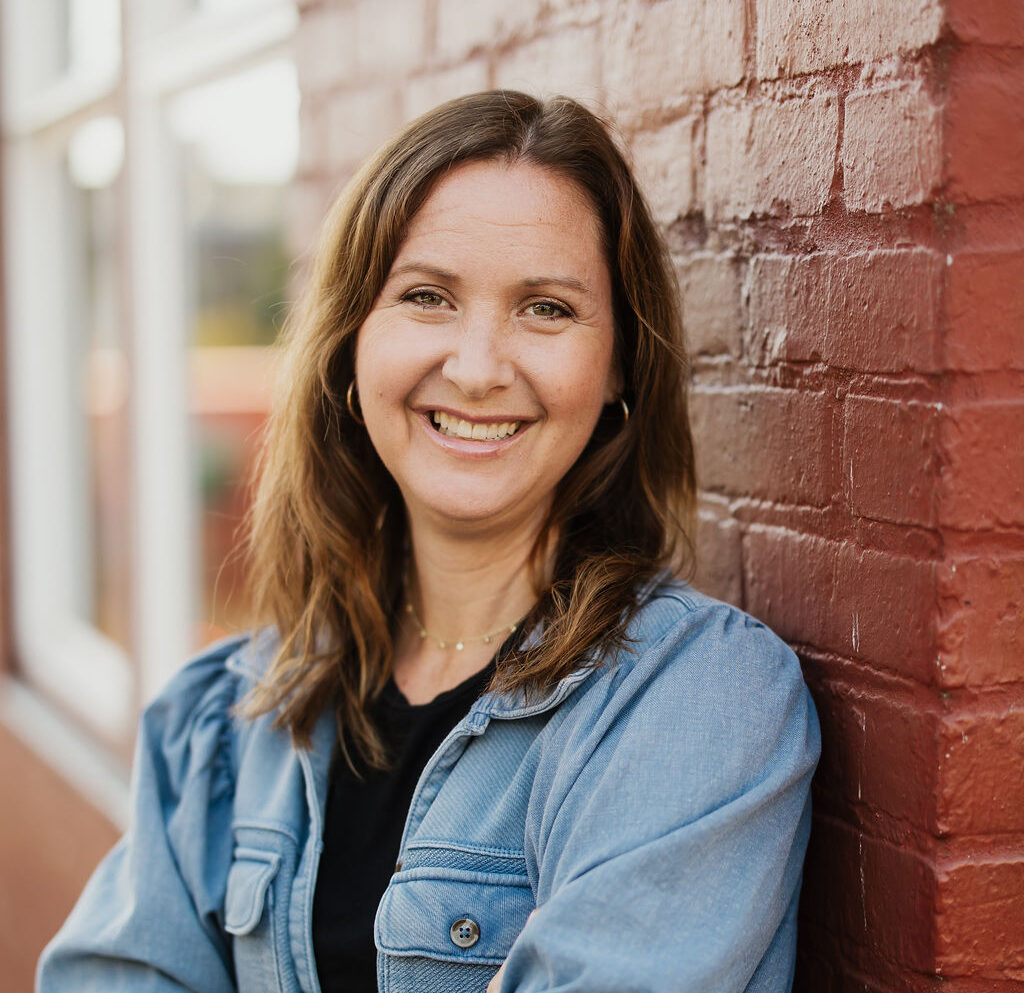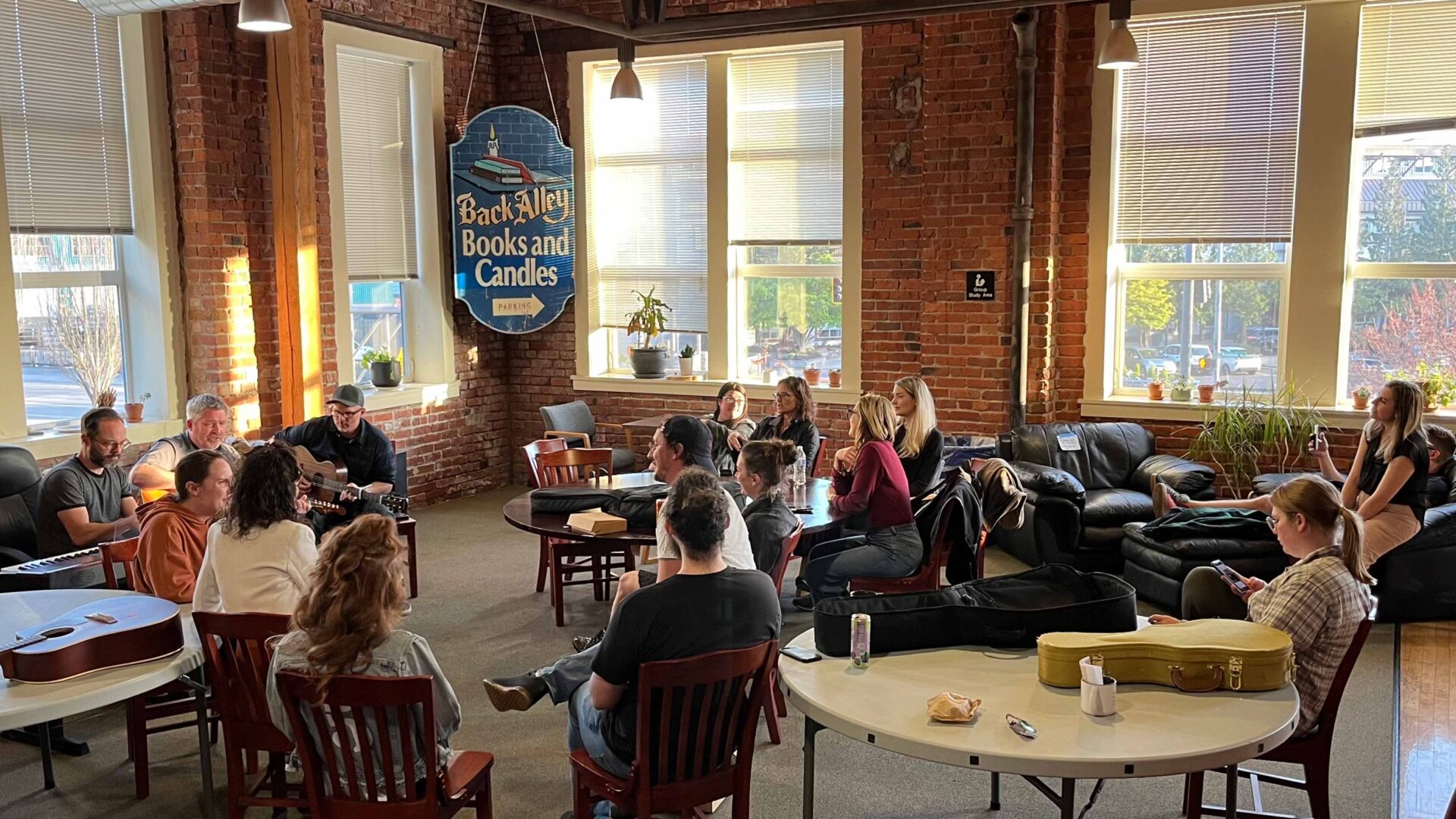Master of Arts in Counseling Psychology student Kathleen Cope shares her thoughts on residency from her experience in our low-residency programs.
Walking into the red brick building that housed The Seattle School during my first residency was like stepping into a sea breeze that awakened my senses, drew me in, and welcomed me into a new place of belonging. In a playful and expansive way, like the sandy beach extending to the ocean, I felt invited to open my arms out wide, take up space, and fully be me. I have often felt divided within myself in different spaces: where I live, work, worship, and play, but during my first residency at The Seattle School, a sense of settledness came over me. It was like my body was finally able to let down, exhale, and breathe deeply. I felt welcomed into a learning space where I could bring all the different parts of me.
A theme of belonging has been woven throughout all the different residencies I’ve attended, and each one has consistently invited me to learn with it rather than from it. I felt invited to learn with my professors, faculty, and facilitators as I engaged with the readings, lectures, panels, and discussions. I felt invited to learn with my cohort as I allowed myself to be shaped and impacted by differences, discourse, and alignment. I felt invited to learn with myself and what was coming up for me, as I engaged with course material and what was happening in the room. And lastly, I felt invited to be with the moment when something shifted inside of me and opened me up to more.
I found my people at The Seattle School, and those relationships wouldn’t have fully formed without the hospitality and embodied learning that came through residency. In Henri Nouwen’s book Reaching Out (1996), he states, “Hospitality is not to change people, but to offer them a space where change can take place.” Residency offered space for those longer conversations to take place over lunch or late into the night. Residency offered space for strangers to become friends. Residency offered space for a knowing to be passed through shared laughter, tears, stories, and collaborative learning. All of this knowing happened in a physical place that felt like a sacred container with the capacity to hold all the complexities that come with this work.
So why does residency matter? It matters because, for low-residency students, residency provides a place, location, and physical learning space to house belonging and change. When each student, faculty member, guest lecturer, Student & Academic Services team member, and every person who makes residency possible shows up as themselves, I believe something is uniquely created in that space, for that particular time, for one another. Human connection in the learning journey of graduate school cannot be undervalued or underestimated in its significance. Human connection may feel difficult to measure and pin down into words, but its genuine value will show up in our future work, in how we sit with others, and in the unfolding of who we are.
Applications are open–experience residency at The Seattle School this fall!
photo credit: Becca Shirley


